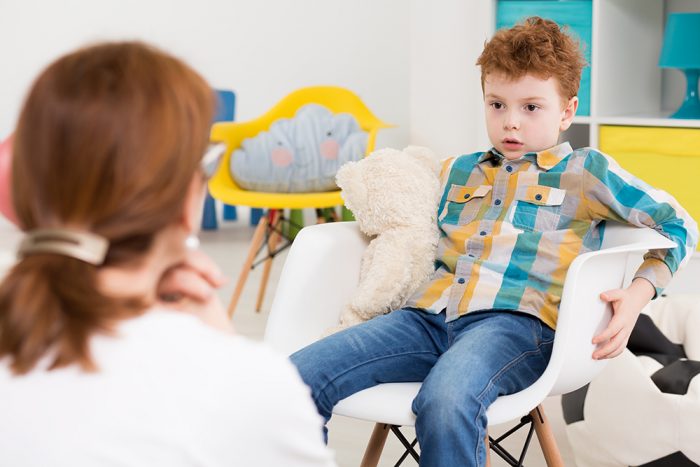The Department of Human Services (DHS) announced they will be accepting comments on Pennsylvania’s Final Statewide Transition Plan (STP) for Home and Community-Based Services (HCBS). This plan applies to Medicaid Waivers under the Office of Long-Term Living (OLTL), Office of Developmental Programs (ODP), and Office of Child Development & Early Learning (OCDEL). The notice is below and includes additional information about upcoming webinars.
HCBS Settings Rule – Background
CMS published the HCBS Rule, which amends the Medicaid regulations for HCBS waivers under section 1915(c) of the Social Security Act. The HCBS Rule supports enhanced quality of programs and services and adds protections for individuals receiving services. The HCBS Rule reflects CMS’ intent to ensure all individuals receiving services and supports through Medicaid waivers have full access to the benefits of community living, including receiving services in the most integrated setting. The HCBS Rule includes a provision requiring states to develop a transition plan to ensure that services will meet federal requirements by March 2023.
Statewide Transition Plan
The Department received initial approval of its STP on August 30, 2016, which can be accessed at the Department’s HCBS Stakeholder Waiver and Planning Team web page.
To receive final approval of Pennsylvania’s STP, the Department is required to complete the following remaining steps and submit an updated STP with this information included:
- Complete a thorough, comprehensive site-specific assessment of all HCBS settings, implement necessary strategies for validating the assessment results, and include the outcomes of this assessment within the STP;
- Draft remediation strategies and a corresponding timeline that will resolve issues that the site-specific settings assessment process and subsequent validation strategies uncovered by the end of the HCBS rule transition period (March 17, 2023);
- Outline a detailed plan for identifying settings that are presumed to have institutional characteristics, including qualities that isolate HCBS beneficiaries, as well as the proposed process for evaluating these settings and preparing for submission to CMS for review under heightened scrutiny;
- Develop a process for communicating with beneficiaries that are currently receiving services in settings that the state has determined cannot or will not come into compliance with the HCBS settings rule by March 17, 2023; and
- Establish ongoing monitoring and quality assurance processes that will ensure all settings providing HCBS continue to remain fully compliant with the rule in the future.
This information is included in Pennsylvania’s Final STP for public comment. A presentation providing a general overview of the HCBS Rule and Pennsylvania’s Final STP will be recorded by the Department and posted by the end of August to prepare stakeholders for public comment. Information about where to access the presentation will be published when it is available.
As outlined in the public comment section below, the Office of Child Development and Early Learning (OCDEL), Office of Developmental Programs (ODP), and Office of Long-Term Living (OLTL) will each hold webinars to go over information in Pennsylvania’s STP that is specific to their waivers and programs. Public comment will be accepted during each of these webinars.
Public Comment
Pennsylvania’s Final STP is available for a 30-day public comment period at the Department’s HCBS STP web page. Comments will be accepted no later than 11:59 pm on September 22, 2022. Stakeholders may provide public comment through one of the following methods:
- Electronic comments submitted via email
- Stakeholders are asked to use the subject header “PA Final STP” and submit comments to this mailbox.
- Written comments submitted via mail
- Mailing address: Department of Human Services, Office of the Secretary, P. O. Box 2675, Harrisburg, PA 17105-2675.
- Verbal and written comments during public comment webinars
- The following dates and times below are for stakeholders to participate in the public comment webinars:
- Webinar Specific to STP Information for OCDEL
September 12, 2022
9:00 am – 10:00 am
Please register for the webinar via email.
- Webinars Specific to STP Information for ODP
September 8, 2022
10:00 am – 12:00 pm
Please register for the webinar.
September 12, 2022
1:00 pm – 3:00 pm
Please register for the webinar.
- Webinar Specific to STP Information for OLTL
September 15, 2022
2:00 pm – 3:00 pm
Please register for the webinar.
When submitting electronic or written comments, it is recommended that you include the following information:
- The page number or Appendix where the information you are commenting on is located; and
- Which office (OCDEL, ODP, or OLTL) the comment applies to, if applicable.

















